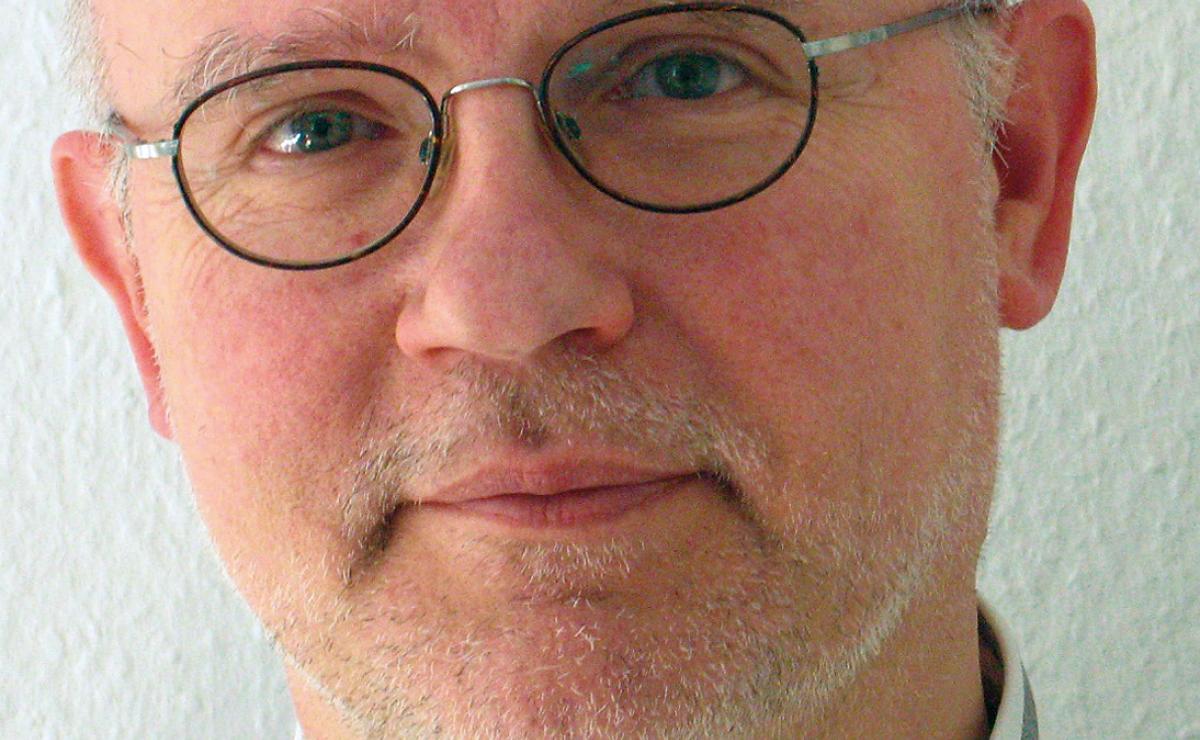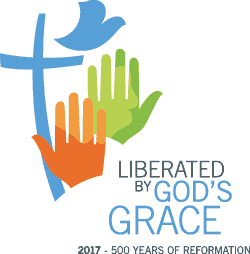A “twin-principle” on the common themes of the Reformation

SÃO LEOPOLDO, Brazil – Reformation – Education – Transformation (R-E-T): Would we, more than a 100 people from over 40 countries, manage to identify clearly the intersection of these areas? Would we able to find common themes and lessons so that it would make sense to speak globally of Reformation——with a capital R—despite the broad variety of experiences from our various church traditions and denominations?
Prior to the 19 to 23 November consultation in São Leopoldo in Brazil, we had been working for a year in the team between Halle, Berlin, Hamburg, Geneva and Sao Leopoldo, inviting theologians from all over the world and from many Protestant denominations, as well as Orthodox, Roman Catholic, Pentecostal and Independent churches. We wanted to implement a study process through what we called the Twin-Principle: two connected consultations in two global contexts—South and North —at least two presenters from different contexts and/or Reformation traditions introducing their perspectives on the themes of the workshops and “twinned” keynote speakers on the main themes. The participants’ feedback affirmed that this concept worked. I was impressed by the active engagement of all participants which made this first consultation meaningful and am looking forward to continue the 2016 deliberations in Halle, Germany.
Coming to Brazil for the first meeting of the R-E-T process as a community of churches we could confirm that “reformation” continues to happen in all the different Christian traditions irrespective of their historical roots. We studied how churches of the Reformation emphasize education for transformation, impact societies and help to make their distinctive voices heard in the public sphere. In the 15 workshops of the consultation, we learned a lot about the dynamic processes of churches and their organizations in providing education and enabling transformation all over the world. In the context of world Christianity, we were reminded that such emphasis is not a privilege of the churches of the Reformation and that we need to strengthen dialogue and cooperation with the other Christian families. It was underlined that if we want to make a difference, we need to work with others, including people of other faiths.
“Religionization” of politics
I am looking forward to the written reports of the workshop. It will be fascinating to see how the different insights relate to the life and work of churches in the different countries. One of most interesting points for our journey towards the 500th anniversary of the Reformation in 2017 in Germany is the high importance of religion(s), religious convictions and faith-based organizations and the attempt to counter the use of religion to legitimize violence, and how churches in other contexts intervene in politics without fostering further “religionization” of politics. We as Protestant churches and church-based organizations in Germany could revisit the Reformation’s distinction between the two realms. This can help us to not only intervene politically as organizations but to do it by drawing a new on the spiritual and theological heritage of the global community of Protestants.
It was in a way surprising to see the global contradictions our international consultation brought again to the fore not only through the focus themes but also on logistics. Whereas we empower ourselves as churches to be members of a worldwide fellowship which reflects together globally, there were hurdles for some of the participants to make it to Brazil. Some went to great effort to apply for their entry visas, and despite the unrelenting support from the Faculdades EST and the Evangelical Church of the Lutheran Confession in Brazil not all of them made it. Whereas communication worked on our website or in the Facebook group without any limitations the streamed videos from Germany were interrupted as there was concern about copyright infringement.
So, we were reminded that we live in a globalized world, still marked by a lot of visible and invisible frontiers.
(Rev. Dr Michael Biehl is responsible for theological education at the Hamburg-based Association of Protestant Churches and Missions in Germany.)
More information about the consultation is available at: http://www.r-e-t.net

